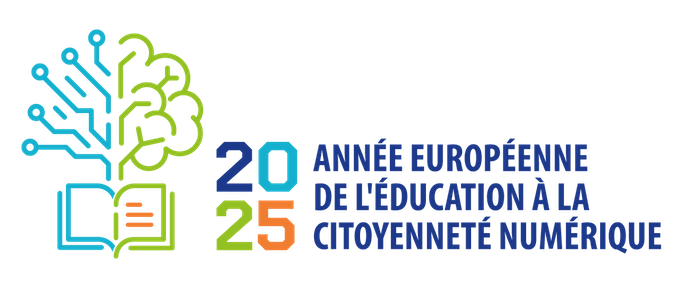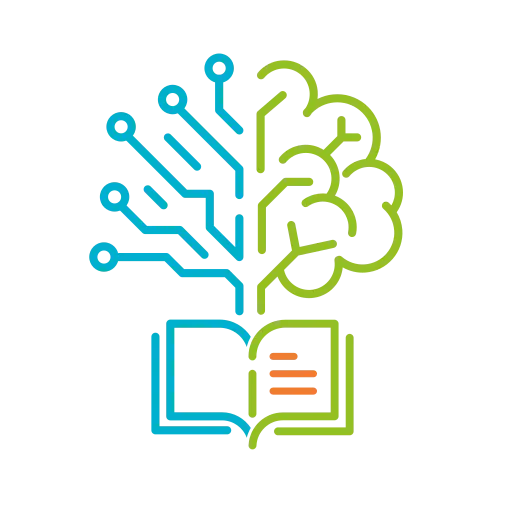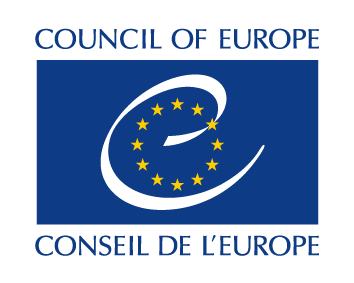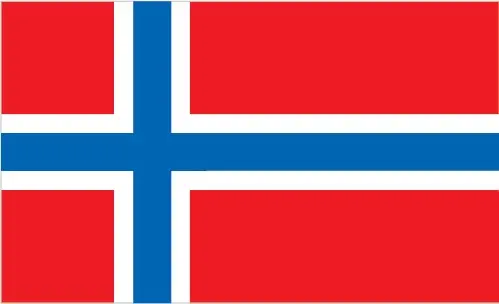- Knowledge Promotion 2020 (Kunnskapsløftet 2020). This comprehensive curriculum reform was implemented in 2020 for primary and secondary education. It emphasizes developing digital skills and responsible online behaviour among students. The curriculum includes specific competencies related to digital citizenship, such as understanding digital tools, online safety, and ethical use of digital resources.
- Digital Strategy for Basic Education 2017-2021 (Digital strategi for grunnopplæringen 2017-2021), and a corresponding action plan from 2022. This strategy aims to integrate digital tools and methods into teaching and learning processes. It focuses on enhancing digital competencies among students and teachers, promoting safe and responsible use of technology, and ensuring equitable access to digital resources across all schools.
- Strategy for digital competences and infrastructure in ECEC (kindergartens) and schools (Strategi for digital kompetanse og infrastruktur i barnehage og skole 2023-2030). This strategy has five main goals: 1) Pupils develop digital competence in line with the curriculum. The kindergarten’s digital practices contribute to children’s play, creativity, and learning in accordance with the framework plan for kindergartens. 2) Employees in the kindergarten and school sectors have professional digital competence to fulfil the intentions of the framework plans for kindergartens and after-school programs, and the curriculum in schools, with a knowledge-based approach. 3) All children, young people, and adults have inclusive, safe, and good digital environments in kindergartens and schools. 4) The digital foundation and access to digital solutions are sustainable, of good quality, and contribute to an equitable kindergarten and education offering throughout the country. 5) The digital services and information management in the kindergarten and school sectors have children, students, employees, and parents at the centre, and are developed as cohesive services.
- The Ministry for Culture presented a whitepaper about youth culture in 2021, that contained a comprehensive chapter about digital youth culture. The whitepaper stresses that the formal education system has an important role in developing the digital judgement children and youth need to partake actively and responsibly in the digital world.
- As a result of the whitepaper a strategy Rett på nett was developed by the Ministry for children and families, with a corresponding action plan from the ministries.
- The Ministry of Children and Families is currently working on a white paper on a safe digital upbringing for children. Digital citizenship is one of many aspects relevant for the whitepaper.
Sources
- https://www.udir.no/laring-og-trivsel/lareplanverket/
- https://www.regjeringen.no/contentassets/dc02a65c18a7464db394766247e5f5fc/kd_framtid_fornyelse_digitalisering_nett.pdf
- Strategi for digital kompetanse og infrastruktur i barnehage og skole – regjeringen.no
- https://www.regjeringen.no/no/dokumenter/meld.-st.-18-20202021/id2839455
- https://www.regjeringen.no/no/dokumenter/rett-pa-nett/id2870086/ https://www.medietilsynet.no/globalassets/publikasjoner/handlingsplan-digital-oppvekst/241025_handlingsplan_digital_oppvekst.pdf
- Online survey with national authorities



